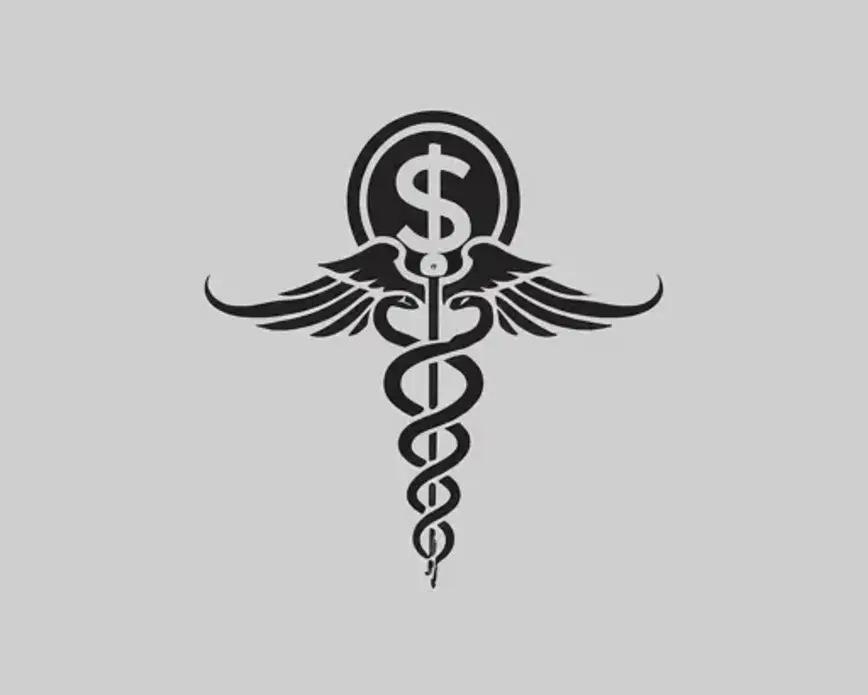The healthcare industry is a dynamic and ever-evolving landscape, presenting a unique and potentially lucrative investment opportunity for individuals and institutions alike. From cutting-edge medical technologies to established healthcare providers, the sector offers a diverse range of investment avenues with the potential for substantial returns.
This comprehensive guide delves into the intricacies of healthcare investment, providing a clear overview of the opportunities, strategies, and key considerations involved.
Understanding the Healthcare Investment Landscape
The healthcare industry encompasses a vast array of sub-sectors, each with its own investment potential. Here’s a breakdown of some key areas:
- Biotechnology: This sector focuses on research, development, and commercialization of innovative drugs, therapies, and medical devices. Investments in biotech companies can offer high growth potential but also carry significant risk due to the lengthy development timelines and regulatory hurdles associated with bringing new products to market.
- Pharmaceuticals: Established pharmaceutical companies involved in the manufacturing and distribution of drugs offer a more stable investment option compared to early-stage biotech ventures. However, the industry is subject to factors like patent expirations, drug pricing pressures, and regulatory changes.
- Medical Devices: Companies developing and manufacturing medical devices, ranging from diagnostic tools to surgical equipment, present another investment avenue. This sector benefits from advancements in medical technology and the increasing demand for minimally invasive procedures.
- Healthcare Services: Investments in healthcare providers like hospitals, clinics, and managed care organizations can offer exposure to the growing demand for healthcare services. However, factors like reimbursement rates and competition within the healthcare market can impact profitability.
- Healthcare IT: The integration of technology in healthcare is driving the growth of healthcare IT companies. Investments in this sector can benefit from the increasing adoption of electronic health records, telehealth solutions, and data analytics tools.
Key Strategies for Successful Healthcare Investment
While healthcare offers promising investment opportunities, navigating the complexities of the industry requires a well-defined strategy:
- Conduct thorough research: Invest time in understanding the specific sub-sector you’re interested in, analyzing market trends, competitor landscape, and regulatory environment.
- Identify promising companies: Focus on companies with strong leadership teams, robust pipelines of innovative products or services, and a clear path to profitability.
- Diversify your portfolio: Don’t put all your eggs in one basket. Spread your investments across different healthcare sub-sectors and asset classes to mitigate risk.
- Consider the risk-reward profile: Healthcare investments can be volatile. Understand the potential risks associated with each investment and align your strategy with your risk tolerance.
- Stay informed about industry trends: The healthcare landscape is constantly evolving. Keep yourself updated on the latest advancements, regulatory changes, and market developments.
Important Considerations for Healthcare Investors
Beyond the strategic aspects, certain key considerations are crucial for successful healthcare investment:
- Regulatory environment: The healthcare industry is heavily regulated, with stringent requirements for drug approvals, device safety, and data privacy. Regulatory changes can significantly impact the success of healthcare companies.
- Reimbursement policies: Healthcare providers’ revenue is often tied to reimbursement rates set by government agencies or private insurers. Changes in these policies can affect the profitability of healthcare businesses.
- Technological advancements: Rapid advancements in medical technology can disrupt existing business models and create new investment opportunities.
- Demographic trends: An aging population and increasing life expectancy drive the demand for healthcare services, influencing investment decisions.
Conclusion
Investing in healthcare can be a rewarding endeavor, offering the potential for significant returns while contributing to the advancement of medical care. However, it’s crucial to approach this sector with a well-informed strategy, thorough research, and a clear understanding of the underlying risks and considerations.
By carefully navigating the diverse healthcare investment landscape and employing sound investment principles, investors can contribute to the growth and innovation within this vital industry while potentially achieving their financial goals.
Frequently Asked Questions (FAQ)
Q: What are some of the benefits of investing in healthcare?
A: Healthcare investments offer several potential benefits, including:
- Exposure to a growing industry: The global healthcare market is expected to continue expanding due to factors like population growth, aging demographics, and rising healthcare spending.
- Potential for high returns: Innovative healthcare companies can experience significant growth and generate substantial returns for investors.
- Societal impact: Investing in healthcare can contribute to advancements in medical research, improved patient care, and the development of new technologies that benefit society.
Q: What are the risks associated with healthcare investments?
A: Healthcare investments come with inherent risks, such as:
- Regulatory hurdles: The lengthy and complex regulatory approval processes for drugs and devices can delay market entry and impact profitability.
- Clinical trial failures: Even promising drug candidates may fail during clinical trials, leading to significant financial losses for investors.
- Reimbursement uncertainty: Changes in government reimbursement policies can negatively impact the revenue streams of healthcare providers.
- Economic downturns: Healthcare spending can be affected by economic recessions, impacting the financial performance of healthcare companies.
Q: What are some resources for further information on healthcare investment?
A: Several resources can provide valuable insights into healthcare investment opportunities:
- Industry publications: Healthcare-focused publications like The Healthcare Investor and Medical Dialogues offer news, analysis, and insights into the industry.
- Investment research firms: Firms specializing in healthcare research can provide in-depth analysis of specific companies and sub-sectors.
- Healthcare conferences and events: Attending industry events can provide networking opportunities and access to presentations from industry experts.
